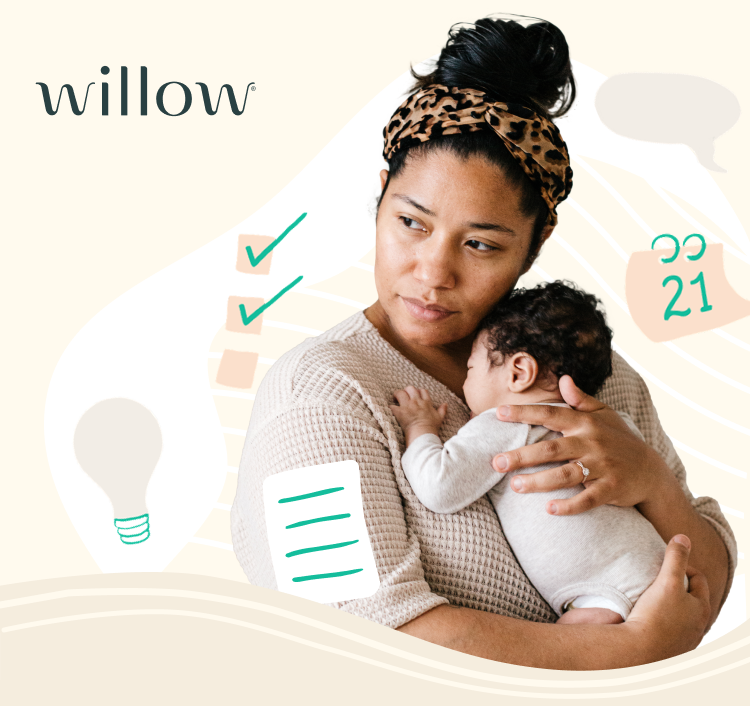Early motherhood is hard—and we’re here to help
Like your favorite mom friend and trusted providers, all in one
We put you first
When you thrive, your baby thrives. We give you the tools and insights to prioritize your own well-being. Our content—backed by science and grounded in real-world experiences—helps you not just survive, but thrive.
We offer live support
Have questions? Need help? We partner with virtual doulas, online lactation consultants, and others. Our goal is to meet you where you are by providing advice, affirmations, and resources.
We help you chart your own path
We fill in any blanks by curating content based on your circumstances and interests. Indulge in everything from tactical tips to deep dives, and emerge more confident, capable, and closely bonded to your baby.
We prioritize content moms say they want
Baby communication
Sleep
Nutrition
Postpartum self-care
Family care
Baby’s development
Take a test drive
ARTICLES
Adult Sleep 101: How to rest when caring for an infant
It isn’t always easy to get the sleep you need, when you’re focused on your newborn. Here’s how to get enough well-deserved rest.
Daytime support: A toolkit for managing your days
Your days need support when you’re managing a newborn, sleep deprivation, and lots of responsibilities. These strategies will help.
SKILL BUILDERS
Connect with specialists now
Meet our experts
Moms are the foundation of our product. Even our advisers are moms! From doctors to doulas, our experts are passionate about education, and they collaborate with us across the product design life cycle.
Dr. Manisha Panchal
Pediatrician
Chris Raines
MSN, RN
Dr. Jennifer Lincoln
OB-GYN
Dr. Laurie Jones
Pediatrician
Leah DeShay
Lactation consultant
Dr. Shelby Harris
PsyD, DBSM
Emily Varnam
Doula
Dr. Michele Torosis
OB-GYN
Larissa Geleris
Licensed OT
